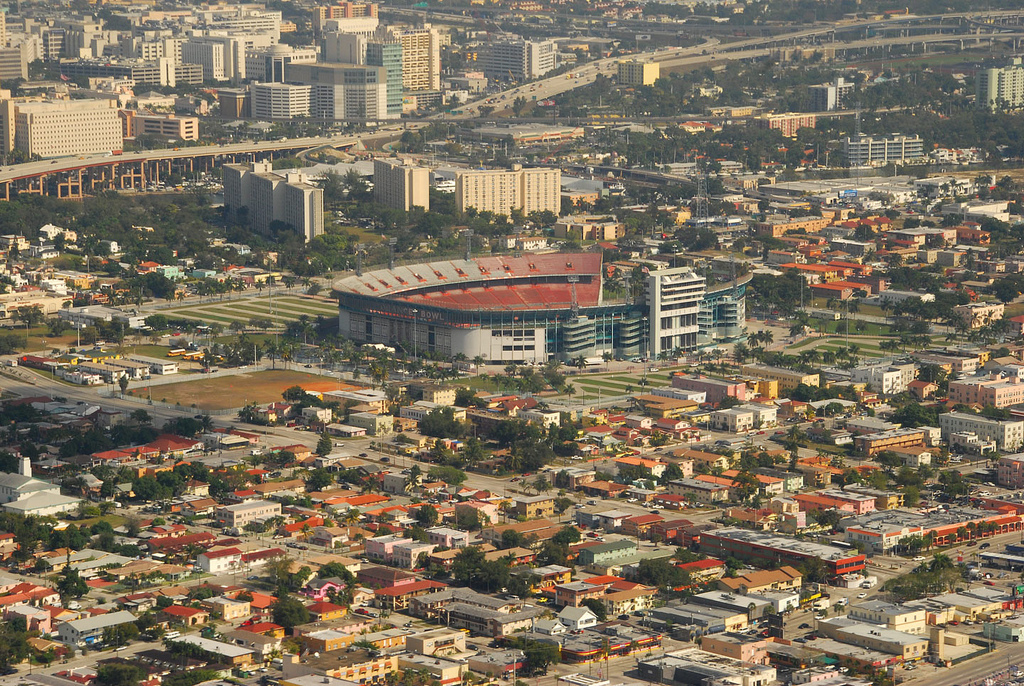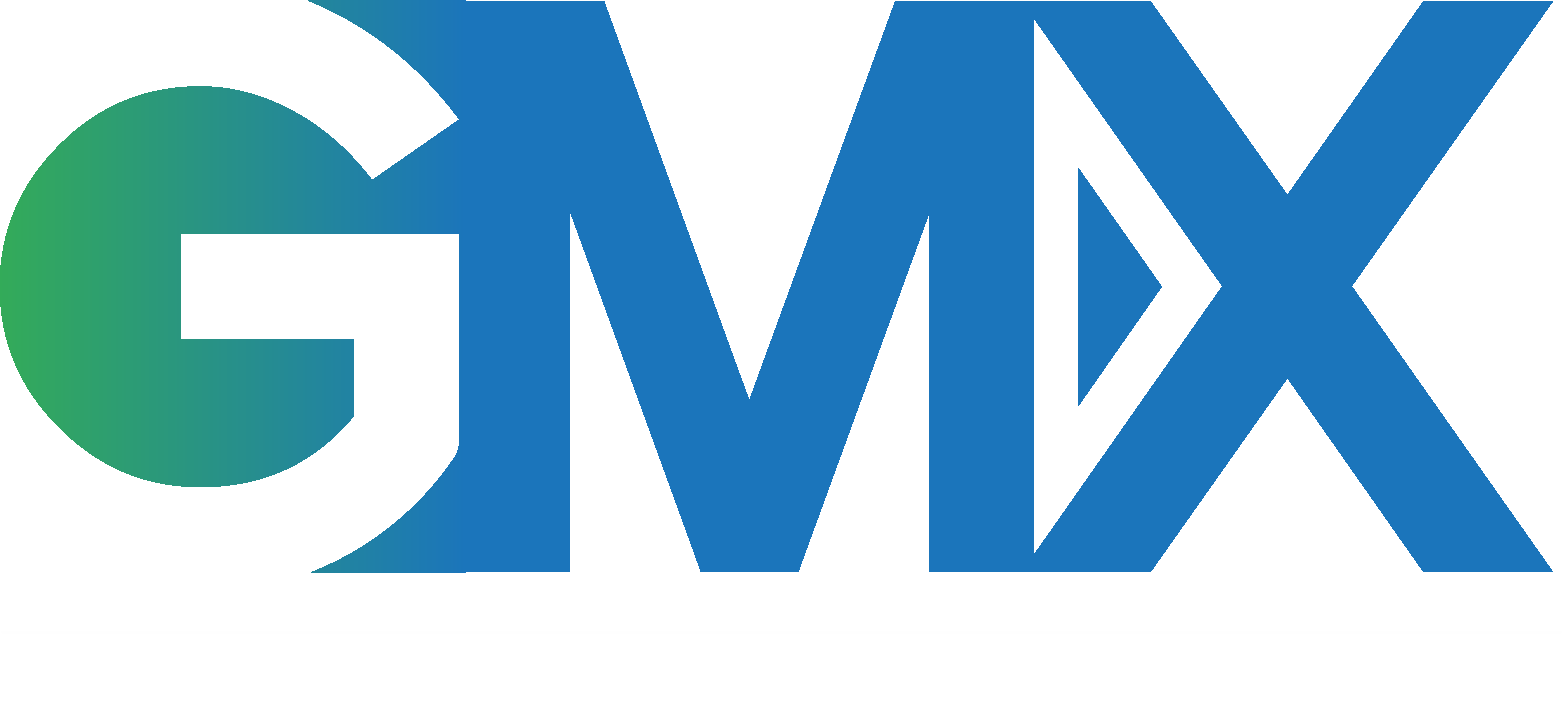
History of Miami-Dade Expressway Authority
During the 1980’s, tolls collected along SR 836 became insufficient to meet the transportation needs of a County experiencing unprecedented population growth and economic prosperity fueled by booming international trade and international visitors, which was held back by the traffic gridlock on rapidly aging expressway infrastructure. Miami-Dade’s most important east-west expressways SR 836 and SR 112, which connect the County’s most important economic engines, Miami International Airport, Port Miami, Hospital/Courthouse Civic Center District, Downtown Miami, Doral/Free Trade Zone, Florida International University Main Campus and Miami Beach, were open for traffic in 1965 and 1961 respectively, when Miami’s total population was less than 1 million residents.
As the public pressure for a solution grew louder, local and state elected officials scrambled to find a solution to the fact that Miami-Dade County had become a toll donor County with more of its locally collected toll revenue being sent north to the State Capital in Tallahassee, while the State’s investment in the transportation infrastructure in our community declined annually, as those dollars were diverted to serve the transportation needs of the rest of the State.
In response to the growing transportation needs of our community and the deteriorating condition of these toll roads in Miami Dade County, local and state officials took action. In 1993, the Florida Legislature, with the strong leadership of the Miami-Dade Legislative Delegation as well as the Miami-Dade County Commission, adopts enabling legislation to allow Miami Dade County to create an independent expressway authority to retain 100 percent of the toll revenues within Miami-Dade County.
In 1994, the Miami Dade County Commission created the Miami-Dade Expressway Authority, today’s MDX, and names its first governing board of directors. MDX is exclusively funded by the tolls collected on its five expressways (SR 836, SR 112, SR 874, SR 878, and SR 924) and is tasked with reinvesting all of its funds within Miami Dade County and operating, maintaining, modernizing and expanding these five aging expressways to meet the community’s needs.
In 1996, MDX issued $80,000,000 in Toll System Revenue Bonds to provide sufficient funds to pay the balance of the $91,300,000 that it cost this County to obtain operational and financial control of its five expressways from the Florida Department of Transportation. This $91 million represented the outstanding debt of the five expressways at the time they were obtained by Miami-Dade County. MDX acquired the exclusive right to determine, fix, impose and collect tolls for the use of the system to pay for the modernization of these aging roads, as well as the growing transportation infrastructure needs of our community.
Making Way for Better Transportation Infrastructure in Miami-Dade
Over time, our community has continued to grow and flourish. Our transportation infrastructure today must serve the needs of:
- Almost 3 million residents
- Over 1.9 million licensed drivers
- 181,436 daily commuters from Broward and Palm Beach counties
- 15.4 million visitors annually
- One of the busiest international airports in the world, MIA
- One of the busiest cargo and cruise ship ports in the Southeastern U.S. with a new billion dollar tunnel carrying cargo containers from SR 836 to PortMiami
As SR 836 turns 50 years old, MDX completes the final modernization of its most vital corridor with over $550 million in capacity and operational improvements to SR 836. This will be followed next year by the $1 billion joint project with the Florida Department of Transportation reconstructing the segment from the Miami River bridge to I-95 and I-395. The new SR 836 is the backbone that will serve the future commuting, commerce and general transportation needs of Miami-Dade County.
Since its inception, MDX has been tasked with maintaining, operating and enhancing the expressway system only with the funds generated from the local tolls collected on its five expressways. MDX does not receive money from the 53 cents per gallon in federal, state and local gasoline taxes nor transportation impact fees, nor transportation related sales taxes, nor any other transportation related funding or grants.
Despite its funding limitations, MDX has been able to accomplish the following through June of 2015:
- Completed or is in process to complete $1.25 billion in transportation projects
- Contributed to the advancement of over $3.3 billion in key improvements to the local transportation infrastructure network by partnering with other agencies
- Contributed over $500 million toward joint construction projects with other state and local governmental agencies
- Programmed to invest over $700 million toward projects in the upcoming five years
- Performed system-wide bridge upgrades
- Re-invested 100% of its net revenues locally
- Committed over 30% of its expenditures on average to local small businesses
